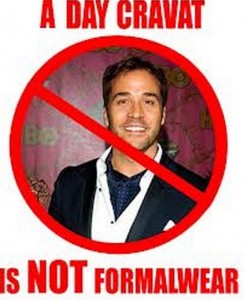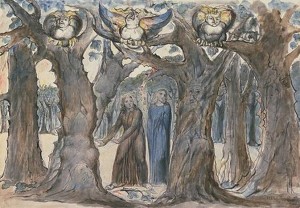Learning how to teach English as a foreign language is making me think about how I learned it. I can’t remember. Everyone around me did. It’s a problem. It’s made me realise something I first had an inkling of when I was supposed to be learning French at school; sometimes I don’t listen. I don’t always know when I’m doing it, or rather not doing it. I just know afterwards.
We had to write a list of names of things. I put le in front of every one of them. To this day I don’t remember hearing anything about masculine and feminine nouns before that, although everyone else in the class obviously had. Presumably, someone told them. I still have to look up the meaning of things like gerunds. I was never taught anything about them, including their existence. I don’t remember it, anyway.
The embarrassing thing, apart from everyone else knowing this stuff except me (yes, but I know stuff that other people don’t know, like the man who wrote Biggles came from Hertford) was that these were really ordinary words like chair and car and cat and for reasons that were never made clear, minkey. I think every French textbook family has had to have a singe in the house ever since Peter Sellers first essayed Clouseau back in about 1964. Which was even before I had to learn French. We learned by the example of la famille Bertillon.
Mr Bertillon was a douanier, which sounded to me onomatopaeically like a lorry driver but was in fact a customs inspector instead, a pretty exotic occupation in rural Wiltshire. His wife looked pretty exotic too, with a tightness of knee-length skirt that would have had lips firmly pressed together and arms folded across disapproving bosoms on the estate where I lived. They had two children, a dog, a cat and a minkey. Even more weird, they lived in a flat and went to the baker for bread instead of Gateway supermarket, one of several butchers depending what kind of meat they were looking for (ditto) and ultra-wierdly, made a big deal of going out to eat on Mr Bertillon’s birthday. I still remember him remembering one birthday dinner, each course as well as the Nuit St George, which I got the idea was a synonym for nights in white satin, or maybe Mme Bertillon.
Back then going out for a meal really was a big deal, but possibly rather less of a big deal in Trowbridge than Paris. We did birthday dinners too. You could go to the Woolpack or a pub out at Freshford that famously did food. The pub had a musician playing Harpers Bizarre covers and a stuffed monkey on a hi-hat stand that went up and down in time to the music. I do not know why. All of this was the reason it was such a strange and wonderful thing for Ben to go to Geales in Not Your Heart Away. The only fish and chip shop he would have known was the one you went to on the way back from school discos. They didn’t have seats, let alone a bar upstairs.
The Woolpack meant you wouldn’t have to drive as far. Drinking and driving didn’t come into it, or rather it did, but only on a practical level. Predictably for the times the Woolpack was a Berni Inn. That meant three things. Steak. Black Forest Gateau. A Mateus Rose by any other name.
I wonder now if there were English textbooks in France and what they put in them.
Mrs English: Is oven chips all right tonight? I got some of them faggots from Bowyers you like.
Mr English: But of course my darling. Ah, I remember that meal on my birthday! The keg Double Diamond! The crisps! The bag of chips on the way home. They don’t give you much in there.
Mrs English: Too right they don’t and no mistake. Mind, you don’t want to get done like you nearly did last time, when you went up on the kerb in front of that copper.
Somehow Mr Bertillon’s life seemed more, ‘ow you say. Like a life, really. I’ll tell you all about Bowyers faggots some other time.





